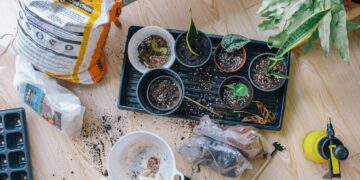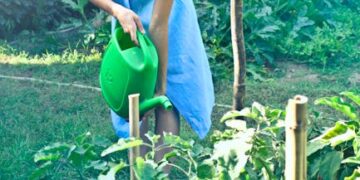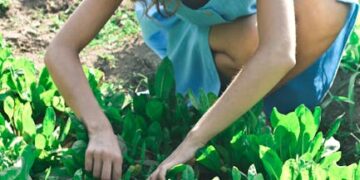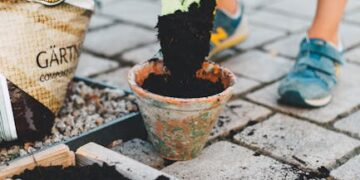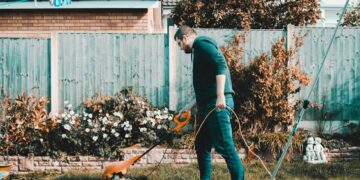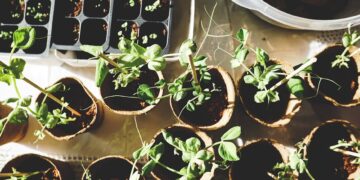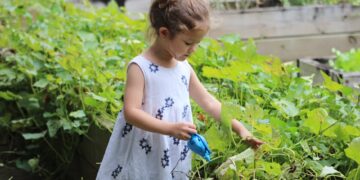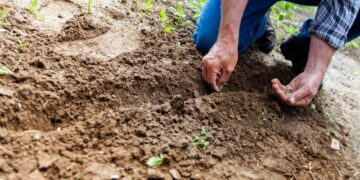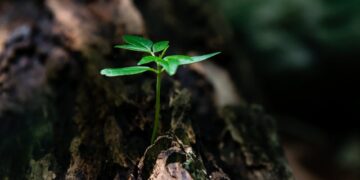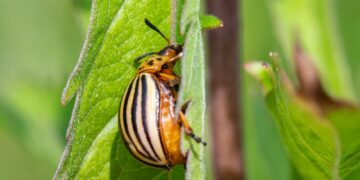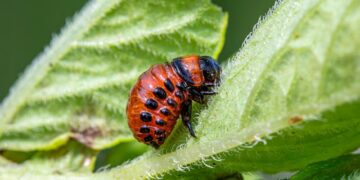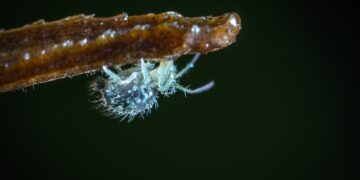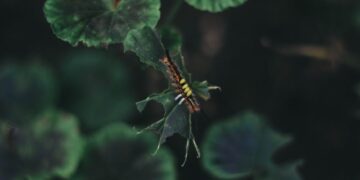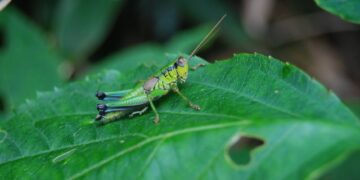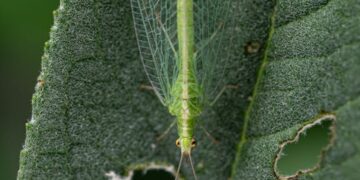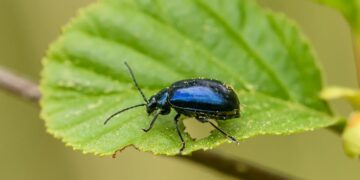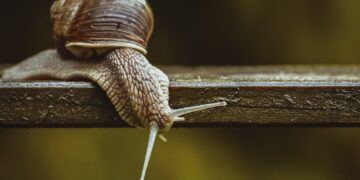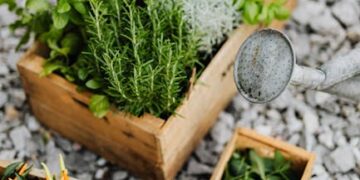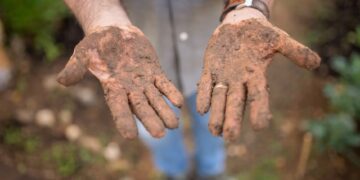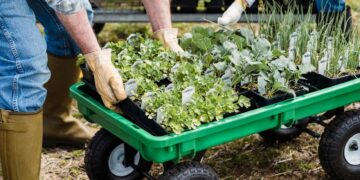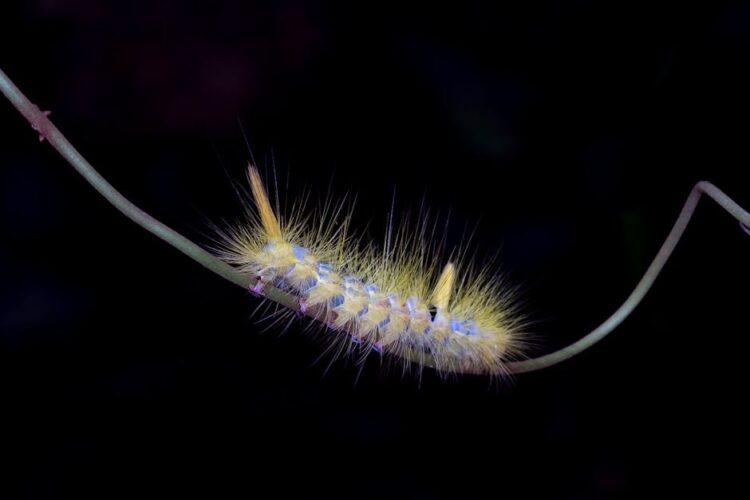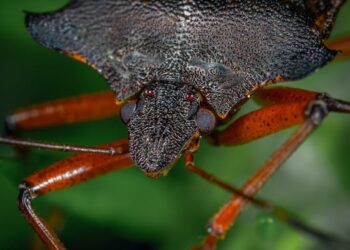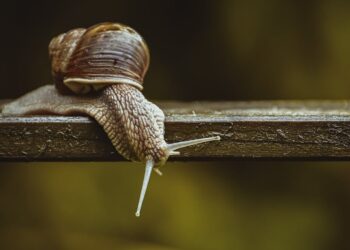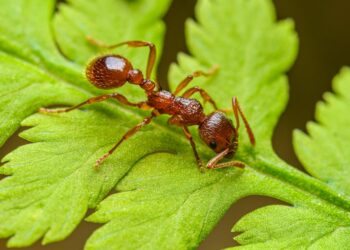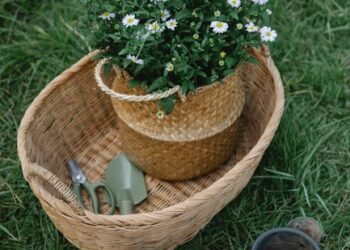Unlocking the Secrets of Natural Garden Pest Remedies: A Sustainable Approach
For gardeners and homeowners alike, the challenge of pests is as old as the practice of gardening itself. Instead of reaching for chemical pesticides, many are turning to more ecological and sustainable methods to protect their plants. This article explores the variety of natural garden pest remedies available, providing insights into a healthier, eco-friendly approach to gardening that will benefit both your plants and the environment.
Understanding Your Garden Ecosystem
Before diving into specific natural remedies for garden pests, it is crucial to understand your garden’s ecosystem. Every garden is unique, with a specific set of plants, climate conditions, and biological interactions. Observing your garden’s biodiversity and how different insects and other organisms interact can give you insight into the balance of your natural garden environment.
The Role of Beneficial Insects
In any garden, beneficial insects such as ladybugs, bees, and lacewings play an essential role in maintaining the natural order. They help by pollinating plants and preying on harmful pests. Encouraging these helpful creatures can naturally reduce pest populations.
Effective and Safe Natural Pest Control Options
There are many natural substances and methods that effectively curb pest outbreaks without harming the environment or the beneficial organisms in your garden. Below are some effective natural garden pest remedies:
Neem Oil
Extracted from the seeds of the neem tree, neem oil is a versatile, natural solution used globally to handle pests. It works as an insecticide, miticide, and fungicide without causing harm to plants or non-target organisms when used correctly.
Garlic Spray
A simple mixture of garlic and water can serve as a powerful preventer of pests. Crush several cloves of garlic, mix with water, and let it steep overnight. Strain and spray this solution onto the leaves of infected plants. The strong scent repels many insect pests and even some small critters.
Diatomaceous Earth
Made from fossilized algae, diatomaceous earth is a powdery substance that is highly abrasive to insects. Sprinkle it around plants, and it will deter and destroy soft-bodied insects like slugs and aphids by dehydrating them.
Companion Planting
Growing specific combinations of plants can naturally repel pests. For instance, planting garlic near tomatoes can help repel red spider mites. Marigolds, when planted throughout the garden, can deter beetles and nematodes.
Implementing Integrated Pest Management
Integrated Pest Management (IPM) is a sustainable strategy that uses a combination of biological, cultural, physical, and chemical tools in a way that minimizes risks to public health and the environment. Below are some techniques part of IPM:
Mechanical Controls
Simple mechanical controls can be extremely effective. This can include manually removing pests or using barriers and traps that prevent pests from reaching your plants.
Cultural Controls
Adjusting planting times or patterns, maintaining healthy soil, and ensuring proper plant spacing can greatly reduce pest problems. Healthy plants are naturally more resistant to pest invasions.
Troubleshooting Common Garden Pest Issues
Understanding how to recognize and deal with common pest issues can save you both time and effort. Here are tips for troubleshooting frequent problems:
Identifying the Pest
Correctly identifying the type of pest is step one towards effective control. Capture a few pests or take a close-up photo and research or ask a local garden expert.
Natural Remedies for Specific Pests
For aphids, a strong jet of water can be enough to knock them off plants. For caterpillars, try bacillus thuringiensis (BT), a natural soil-borne bacterium that is safe for pets, humans, and beneficial insects.
Making Your Garden Sustainable
By choosing natural remedies over chemical pesticides, you contribute to a healthier ecosystem. These methods help to preserve local wildlife and beneficial insects, improve soil health, and reduce pollution, aligning with a sustainable gardening ethos that can be both rewarding and environmentally sound.
Continued Education and Adaptation
The world of natural pest control is ever-evolving. Stay informed through local gardening groups, extension services, or learning resources online. Each season, adapt and refine your strategies according to what works best for your unique garden environment.
In conclusion, unlocking the secrets of natural garden pest remedies empowers gardeners to take a proactive, sustainable approach to pest management. With a bit of observation, some strategic planning, and the effective use of natural substances, your garden can thrive, naturally and healthily.

